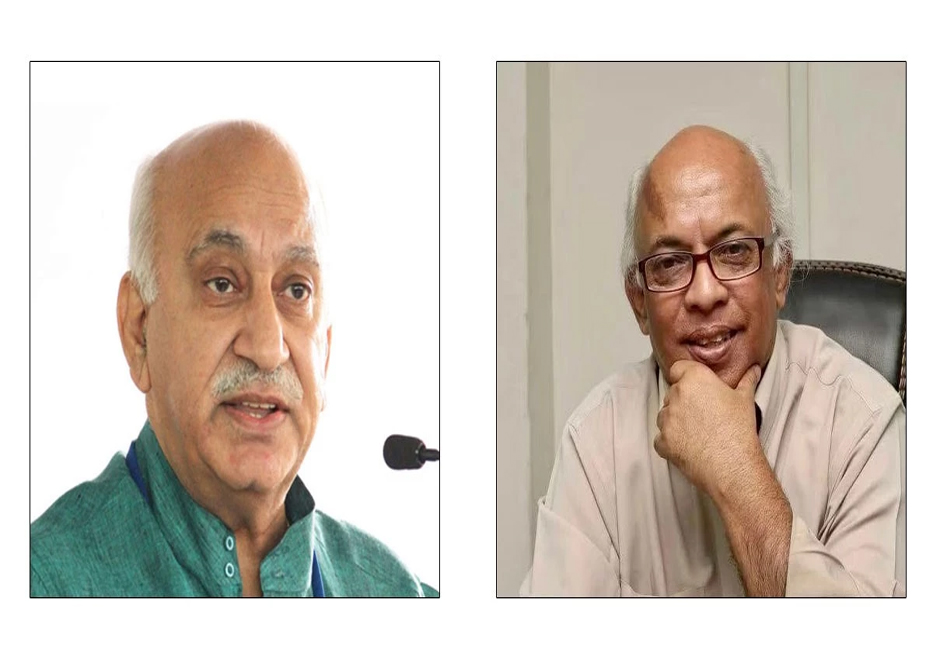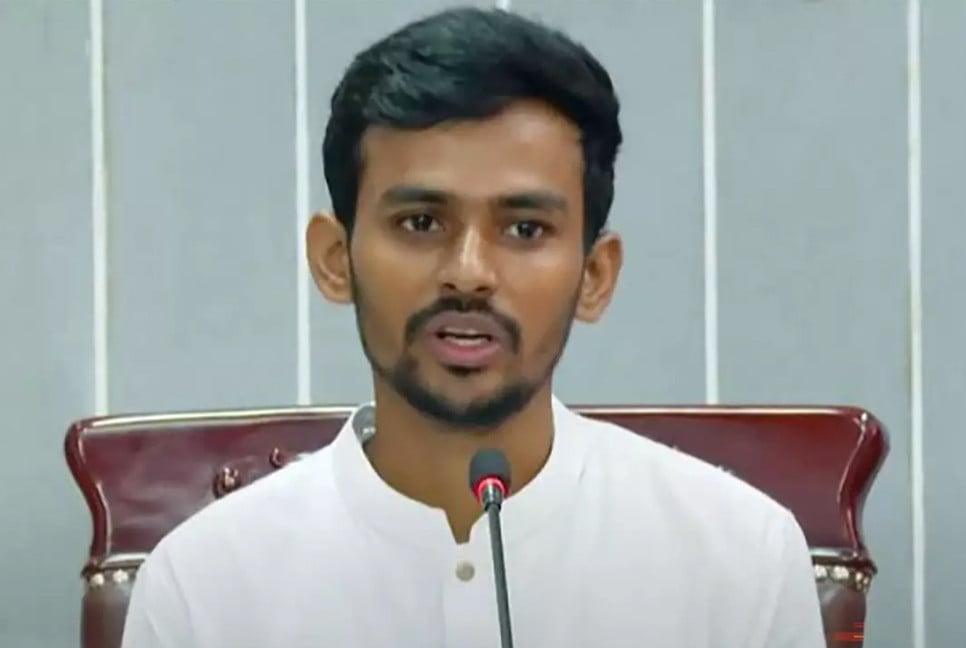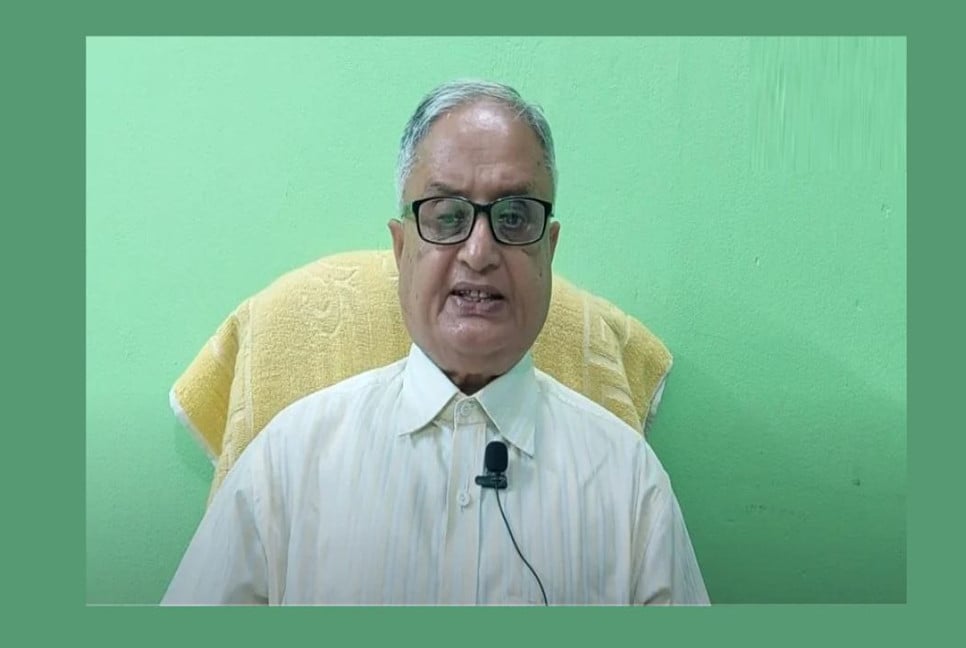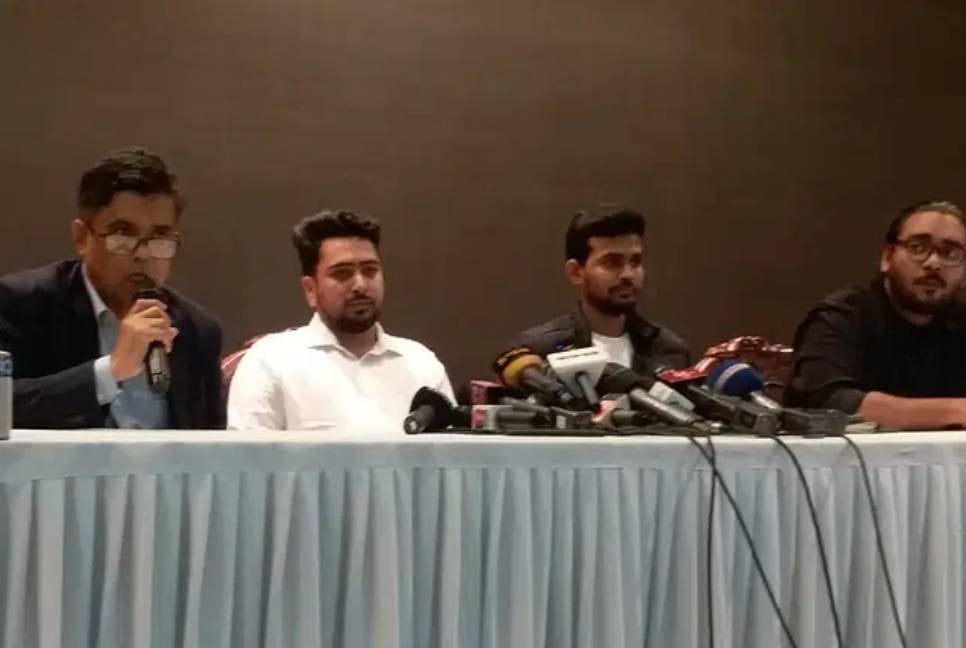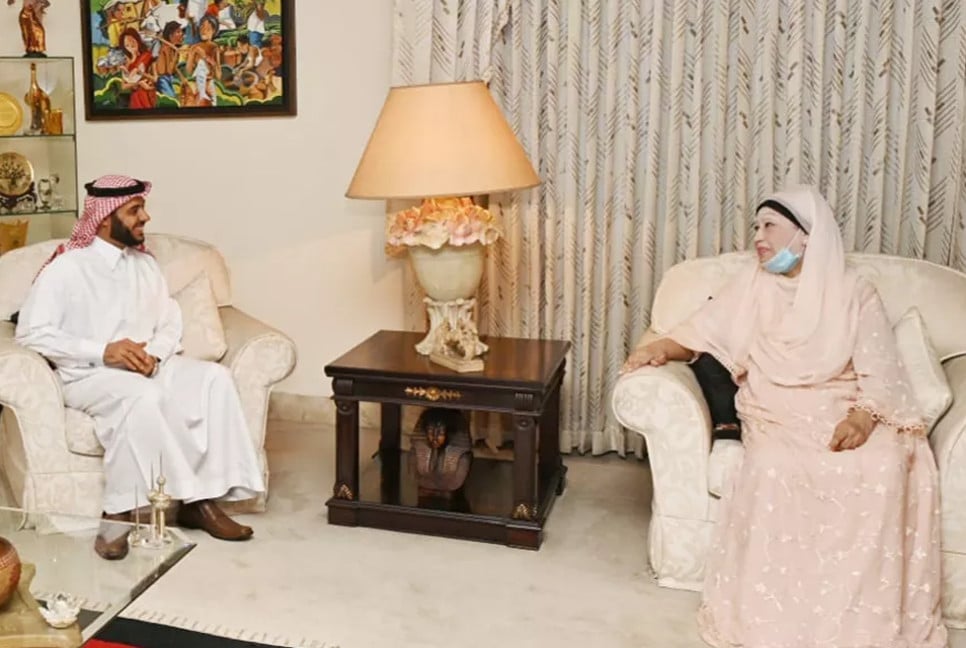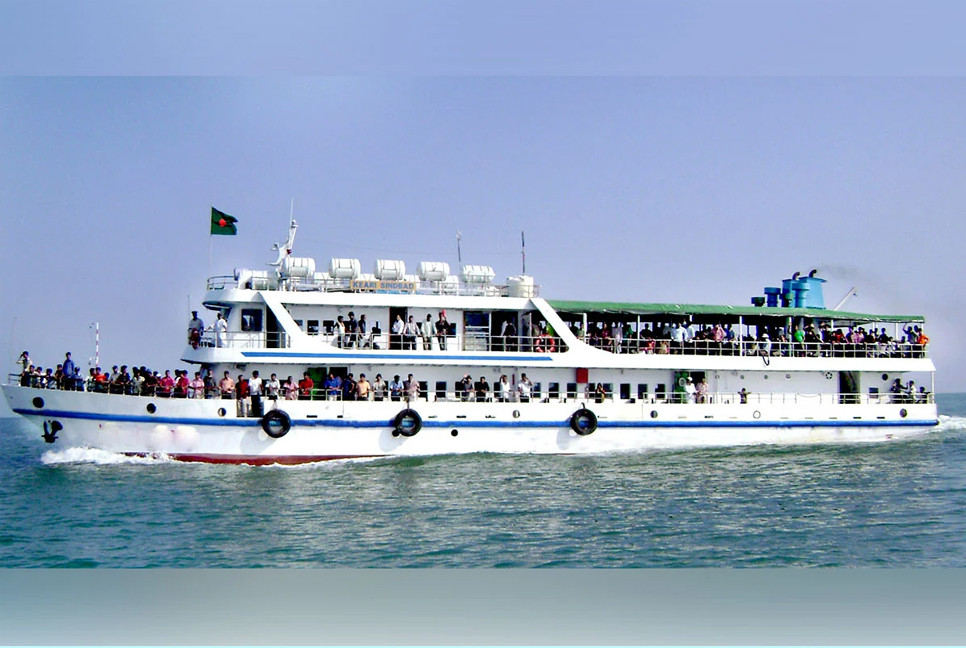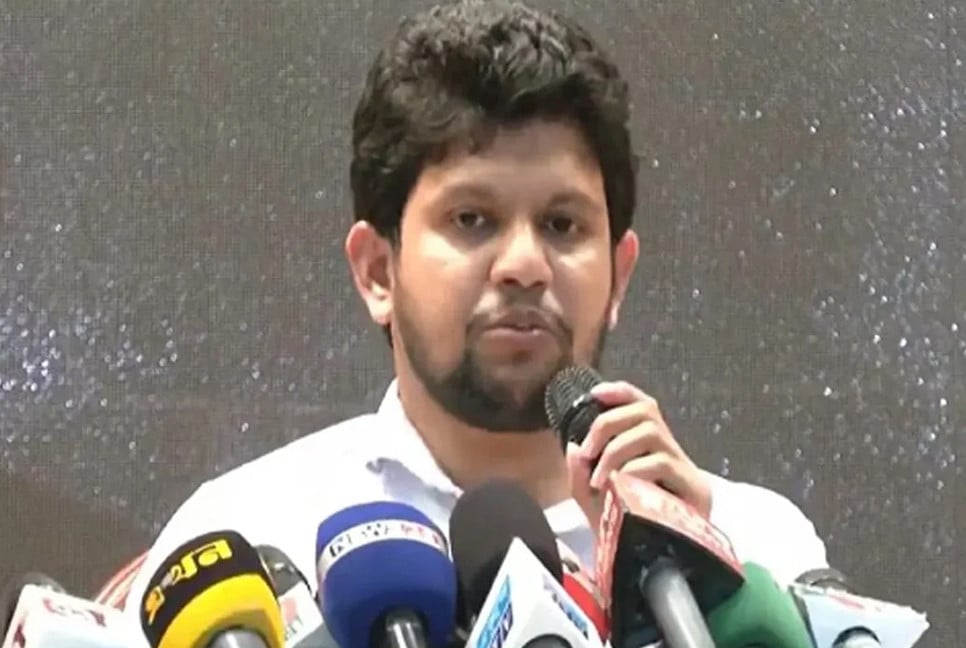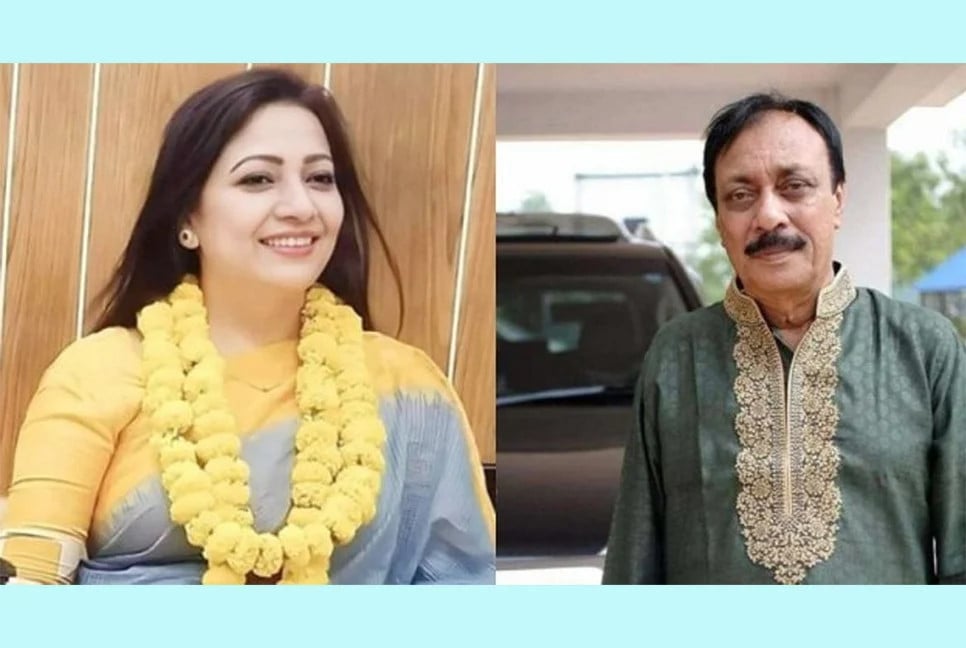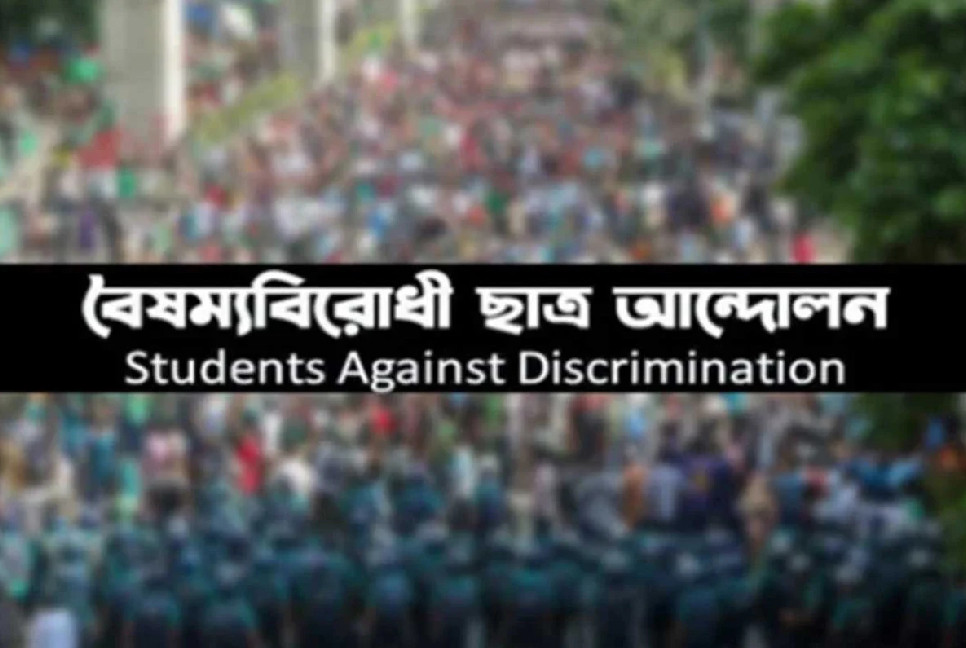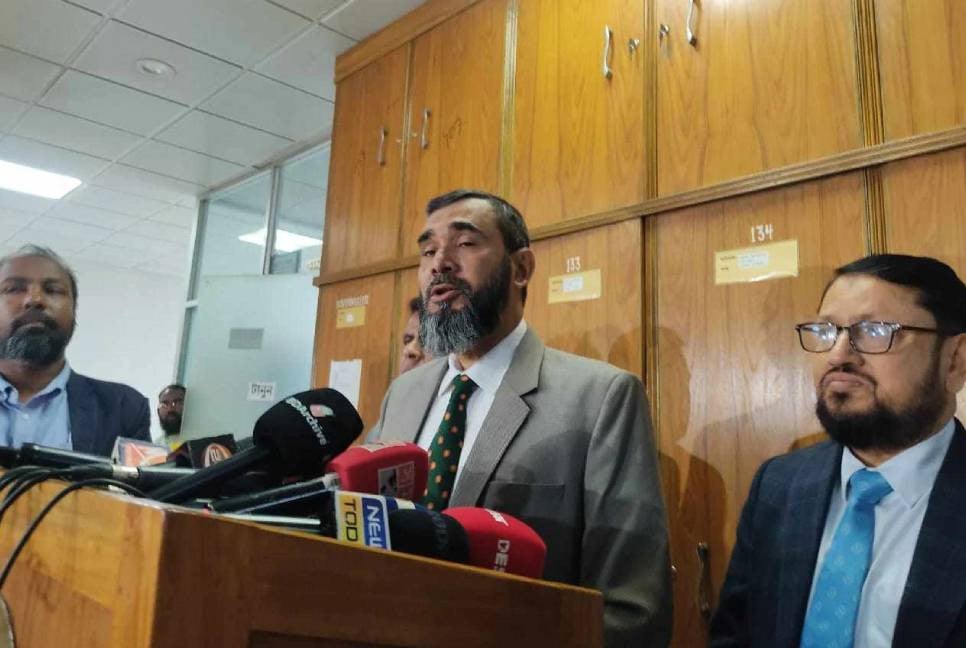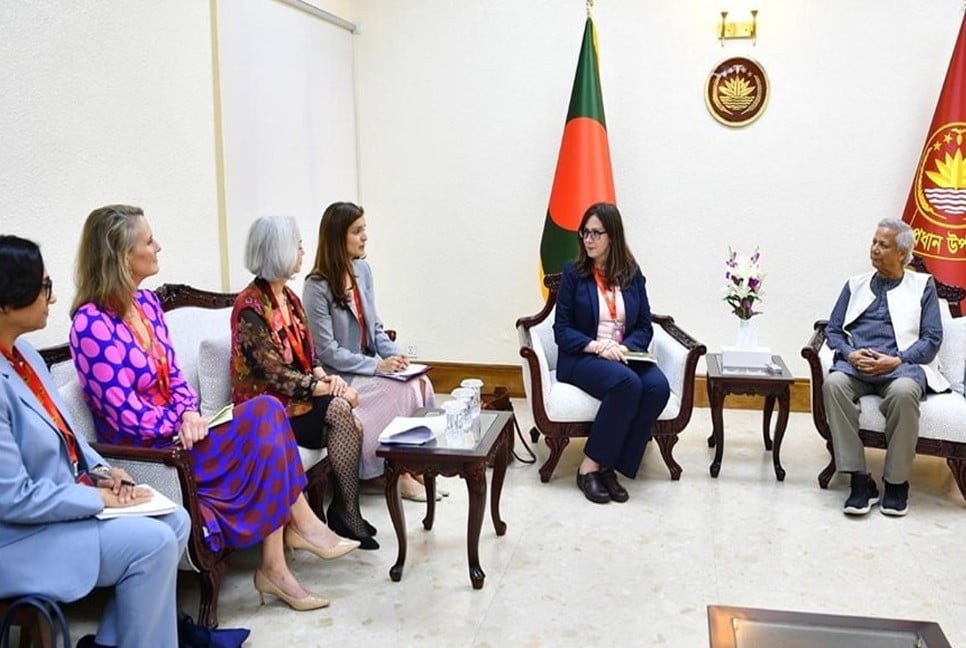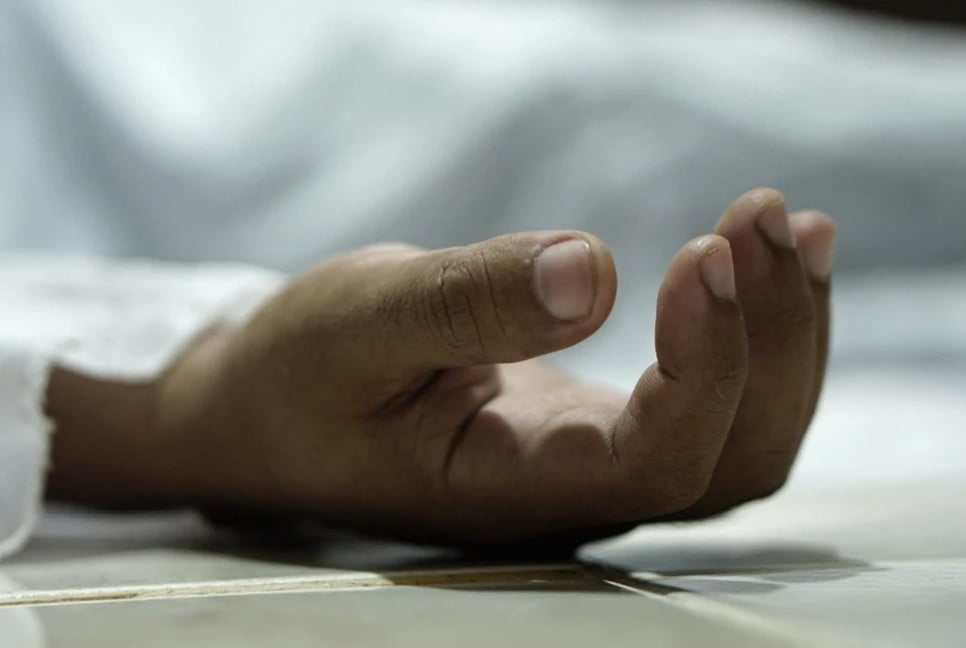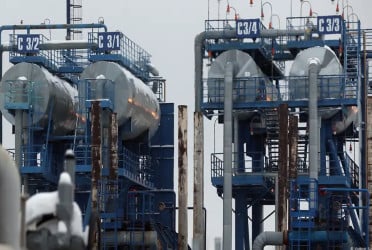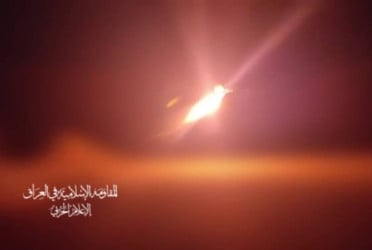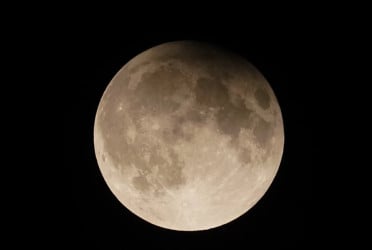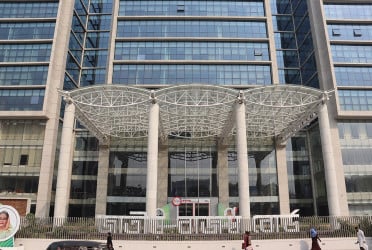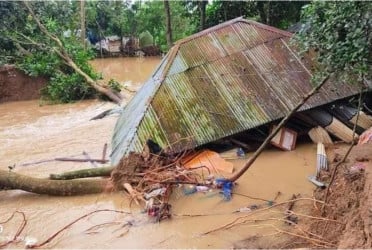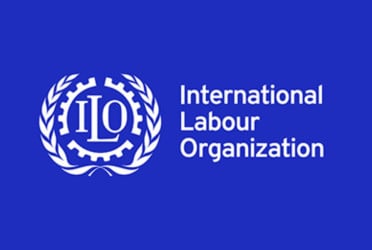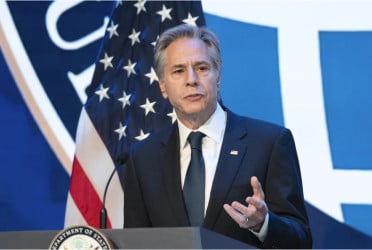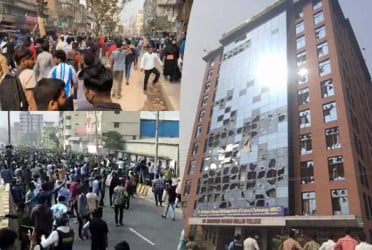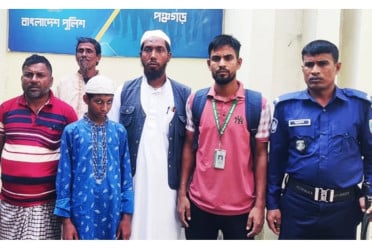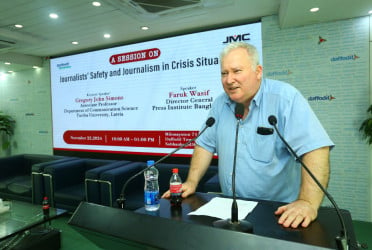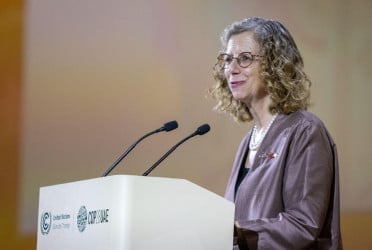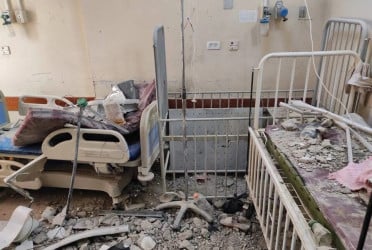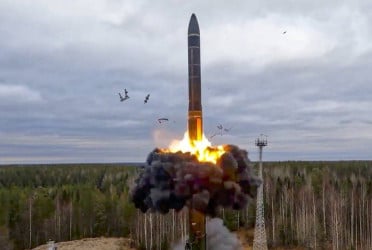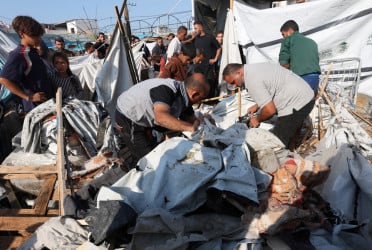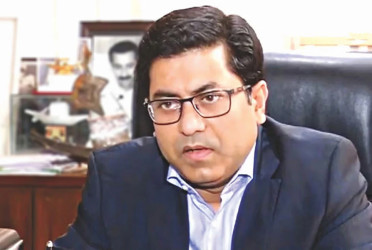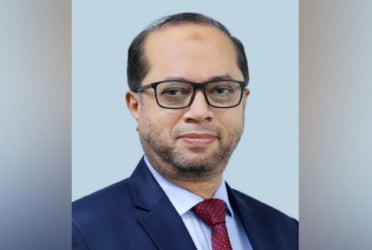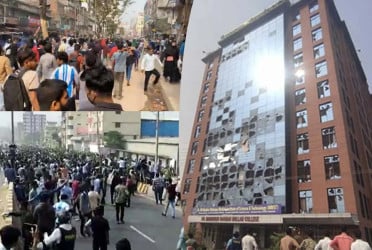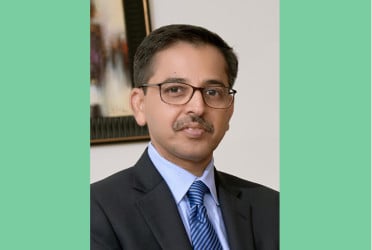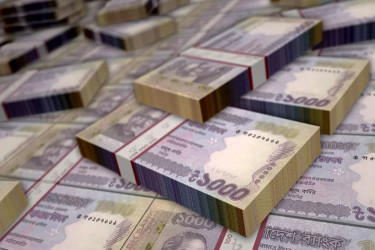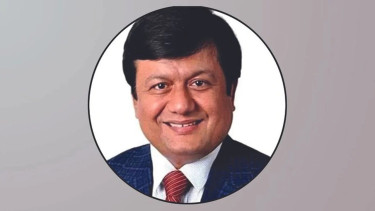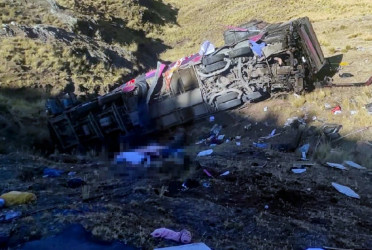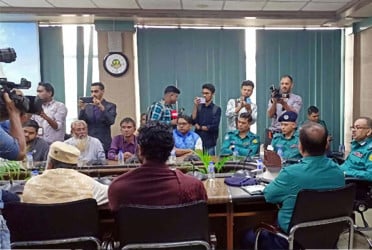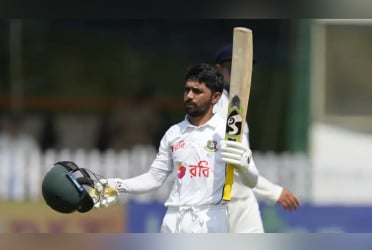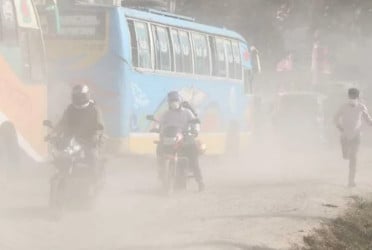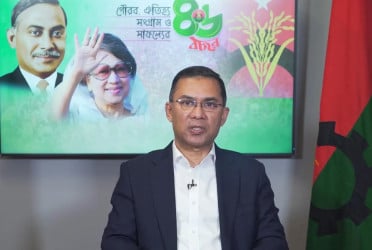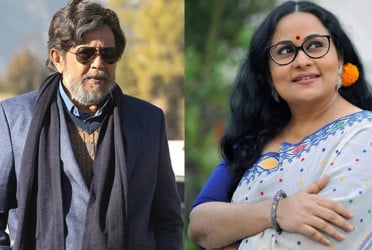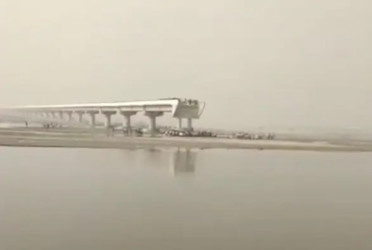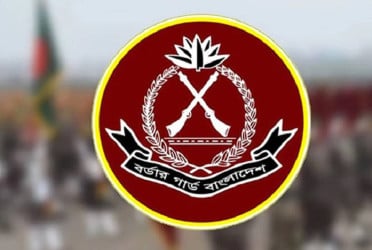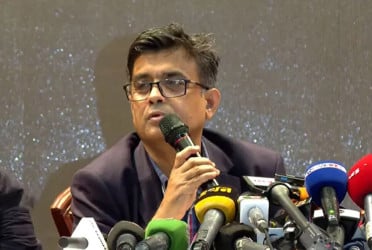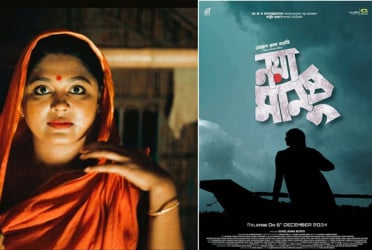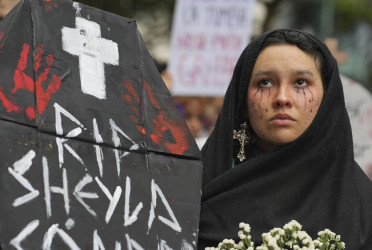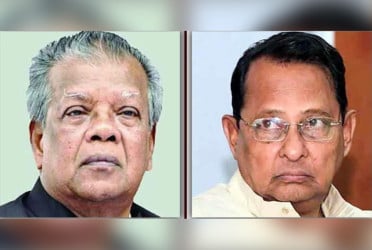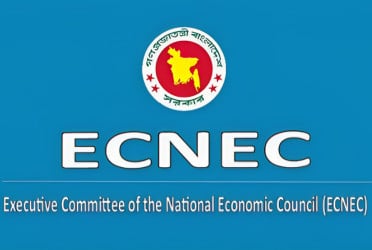Former Indian Minister of State for External Affairs and renowned journalist, M.J. Akbar, has said that India has its own understanding of democracy in Bangladesh and the Sheikh Hasina government.
Speaking at a discussion on the past, present and future of Bangladesh-India relations organized by Indian Narrative – a multi-media and multilingual platform – at a Kolkata hotel on January 16, the veteran politician said, “Look at the world and which way it has moved,” reports UNB.
When someone in the audience referred to the Sheikh Hasina government in Bangladesh becoming a “victim of the US politics of sanctions,” Akbar remarked: “We in India have our own understanding of Sheikh Hasina. We think she restored democracy in Bangladesh like her father spearheaded the fight for freedom.”
Acclaimed Bangladeshi columnist and author Syed Badrul Ahsan was the other speaker at the discussion. When he raised the tensions in Bangladesh-US relations and someone in the audience questioned what role India can play against this backdrop, Akbar remarked, “What the India government will do may not be available open house for public domain, but we will do what has to be done.”
Akbar mentioned how, amidst sanctions, India allowed a Russian ship to dock at West Bengal’s Haldia port and move the cargo for Rooppur Nuclear Plant in Indian vessels.
US Assistant Secretary of State for the Bureau of South and Central Asian Affairs Donald Lu’s recent Bangladesh visit was seen as a significant development in Bangladeshi media coverage. Lu visited India before landing in Bangladesh.
While in Dhaka, Lu appreciated the “tremendous progress” made by Rab in “respecting human rights” while performing its duties.
The US Assistant Secretary of State was quoted as saying: “We had quite a good discussion about the Rab. If you have seen the statement this week by the Human Rights Watch, they recognised and we recognised tremendous progress in the area of reducing extra judicial killings by the Rab.”
Syed Badrul Ahsan was asked what could be the major factors for the next national election in Bangladesh.
“Management of economy and curbing of corruption… success and failure on these fronts would be the major factors,” he said, stressing the need for a fair, inclusive election.
When the BNP’s reluctance to participate in polls under the current government was brought to his attention, Ahsan said, “Rule of law has to prevail if Bangladesh has to maintain its development trajectory.”
Bd-pratidin English/Lutful Hoque

